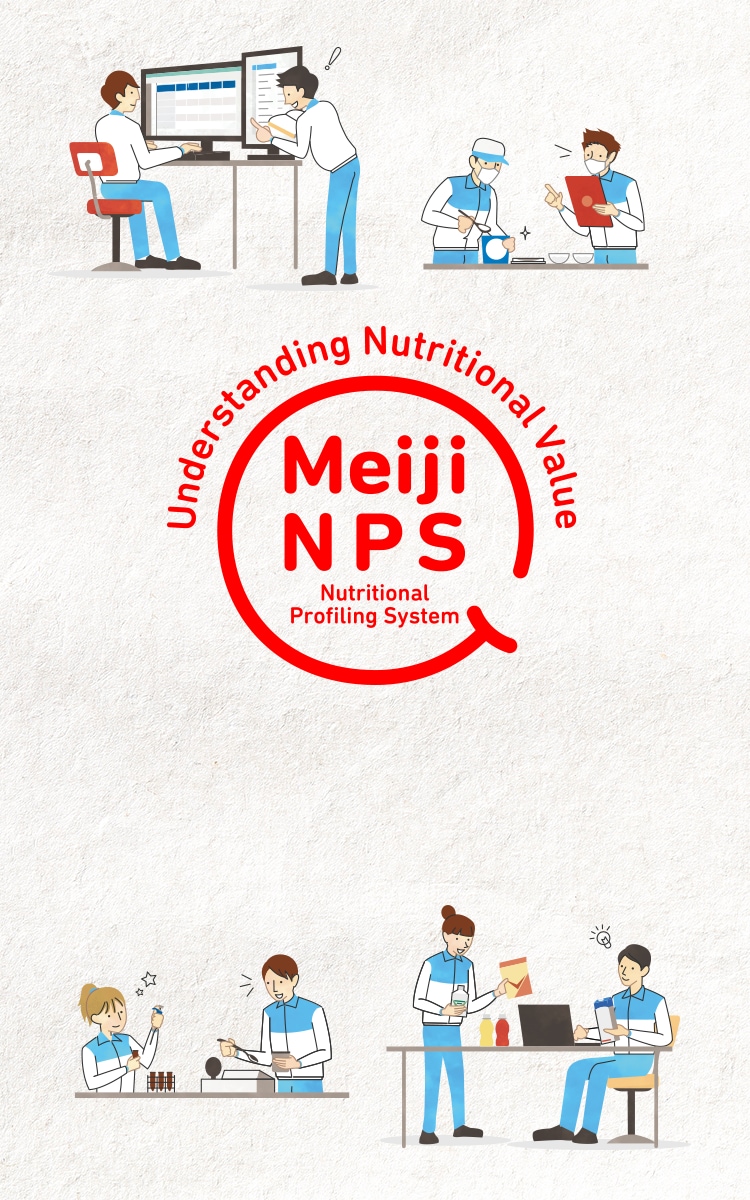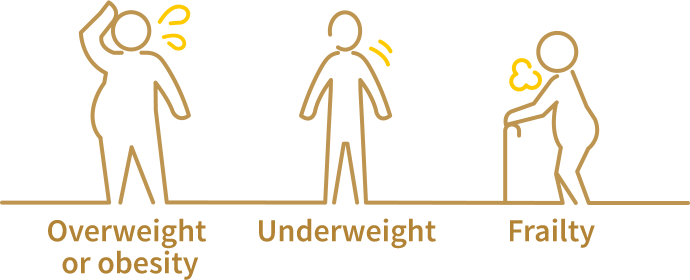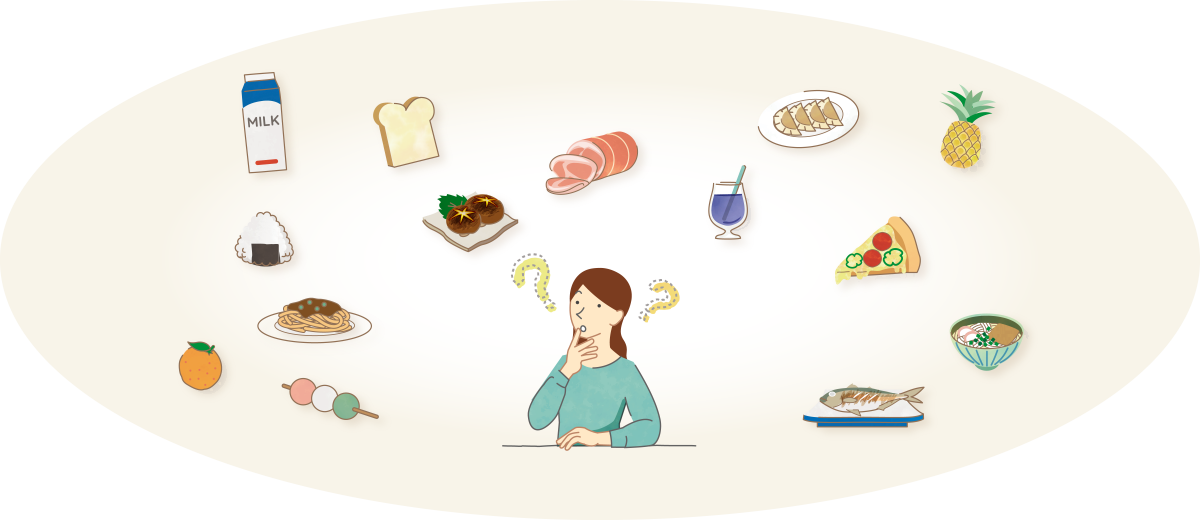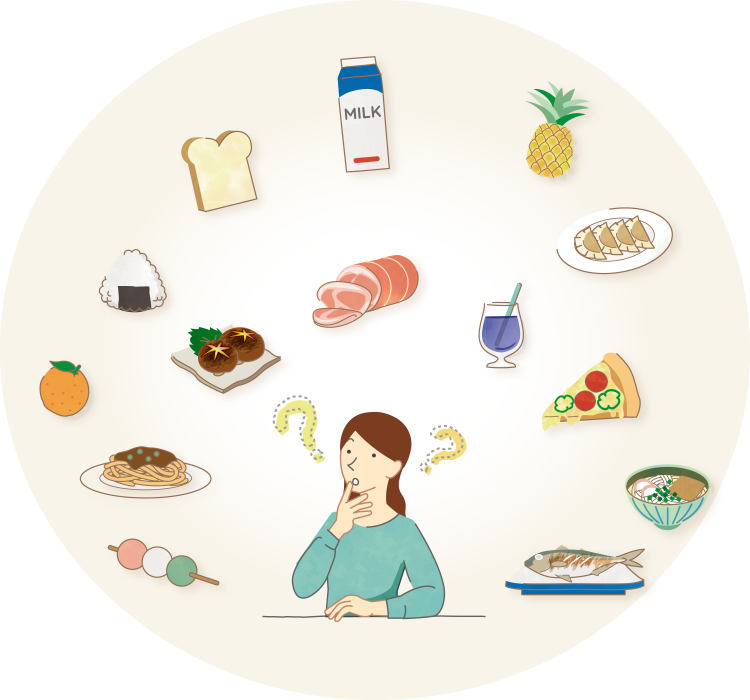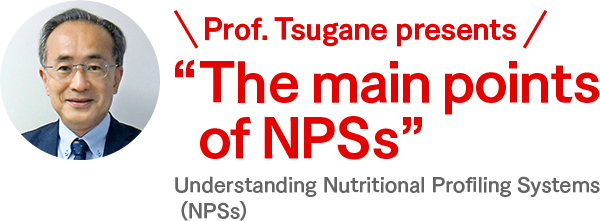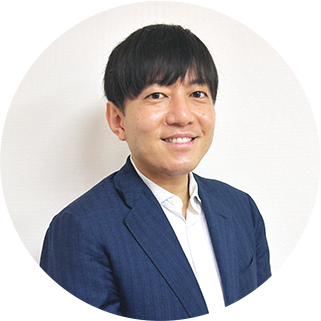Today, overweight or obesity caused by over-eating and unbalanced diets, have resulted in lifestyle-related diseases, and become a serious nutritional issue around the world. On the other hand, stunted growth, undernutrition, and frailty* have increased, due to insufficient protein, fiber, vitamins, minerals, and other nutrients. Besides people’s health, these issues may bring significant social and economic impacts . They are therefore positioned as important issues to be addressed at the global level.
If we wish to resolve these issues, it is vital that we make it easier for people to maintain nutritionally balanced diets. For food companies like ourselves, this entails both increasing the nutritional value of our products, and providing consumers with clear information about these nutritional values. For that reason, at Meiji we have developed the Meiji Nutritional Profiling System (Meiji NPS).
* "Frailty" refers to the decline in physical and cognitive health associated with aging, such as muscle weakness and cognitive function decline. Frailty is generally seen in the older population, and as the level of frailty progresses, it may require long-term care. However, with adequate intervention, frailty can be reversed.

